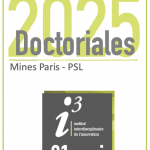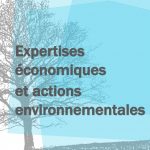
June 18-19, 2025. Focusing on the encounter between the knowledge that populates knowledge activities in the environmental arena and the work of the sensitive that runs through them, the “Making (ourselves) sensitive with the ecological knowledge of modernity” study days will explore the intersection of ecological knowledge and sensitivity. The study days aim to bring together perceptions, affects, and aesthetics in an analysis of ways of becoming sensitive by manipulating instruments traditionally associated with scientific objectivity.








